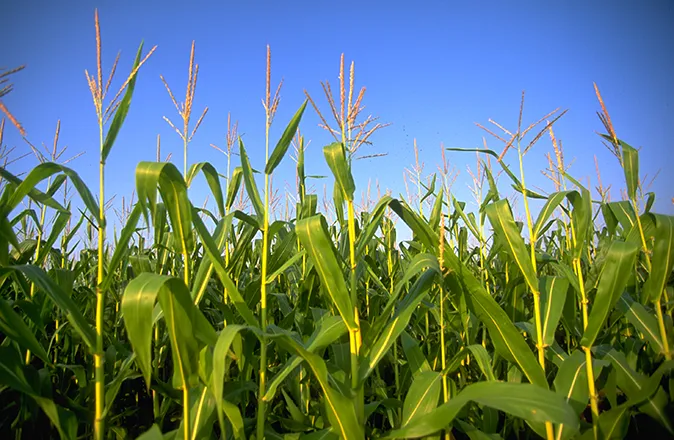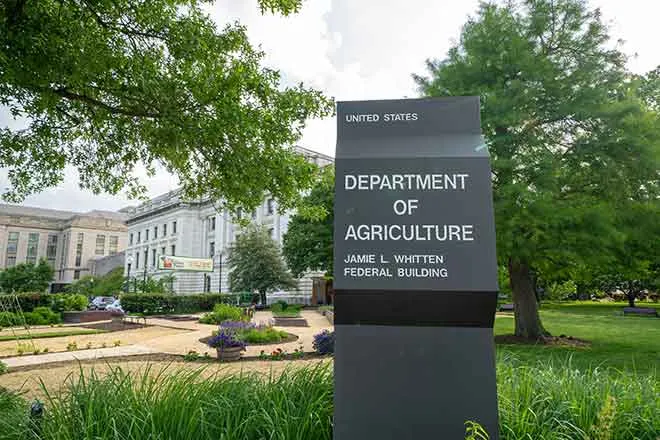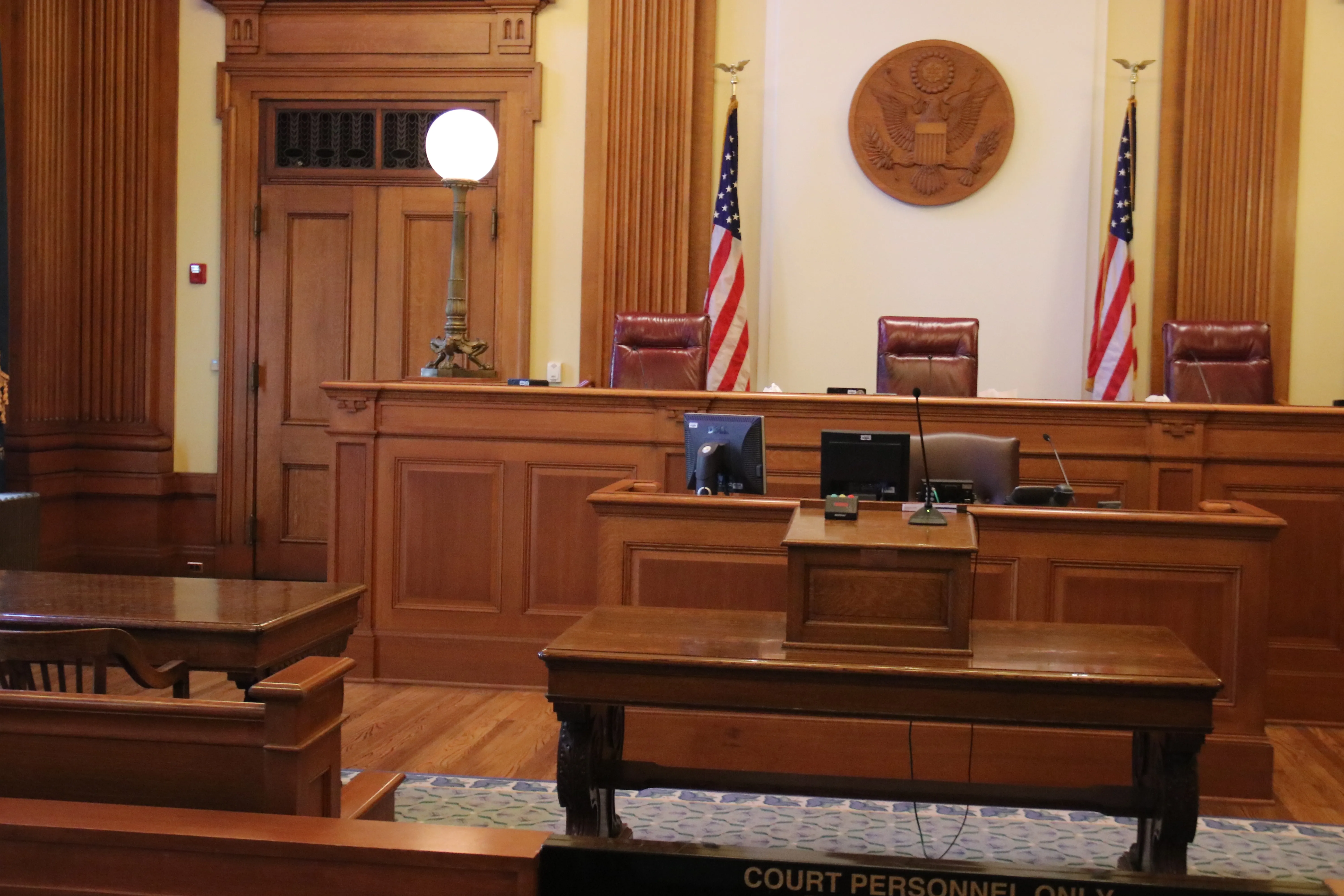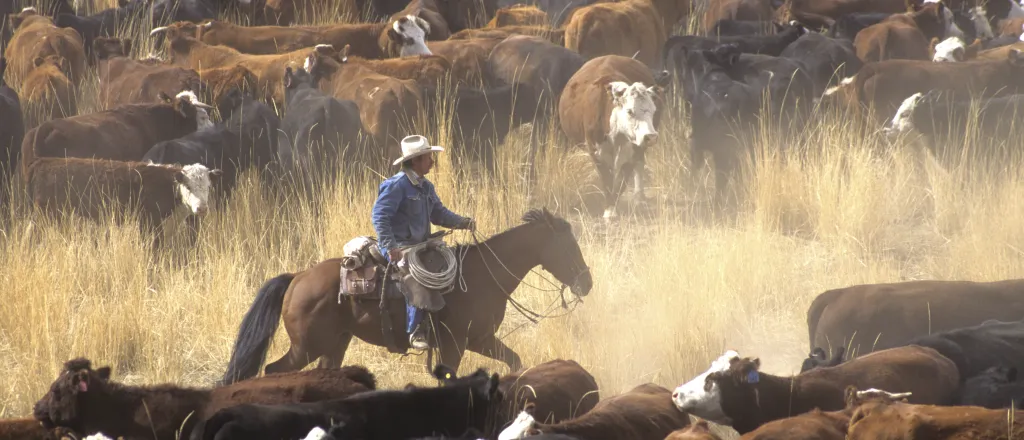
USDA electronic tag mandates worry some smaller Texas ranchers
Click play to listen to this article.
(Texas News Service) The U.S. Department of Agriculture will soon require electronic eartags for cattle and bison that cross state lines.
The USDA says its rule will affect some 11 million cattle, or about 12 percent of the nation's herd.
But the controversial eartag mandate is worrying some small ag producers, like Judith McGeary - a Texas rancher and executive director of the Farm and Ranch Freedom Alliance.
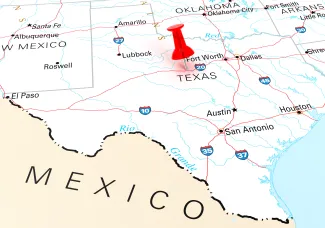
She said it's expensive and unnecessary.
"We have a system that works well right now," said McGeary. "And USDA's own tests of that system show that a cow that crosses state lines can be traced back, in most cases, within an hour. That is more than sufficient."
The USDA argues it will prevent future epidemics, cut down on paperwork errors, and protect international beef exports. The rule is set to go into effect in about six months.
McGeary, who supports the position of the National Family Farm Coalition on this issue, said it will be easy for large meat companies to implement but challenging for smaller family farms, which could lead to more consolidation in agriculture.
Right now, the USDA is giving away electronic tags through state veterinary offices.
But McGeary said there are other costs with this rule for an industry already on thin margins, including the fact that technology keeps changing.
"For instance, we've had reports of a sale barn that went and got an electronic reader to handle the cows that were coming through with electronic tags," said McGeary, "and within a couple of years, couldn't find batteries for those readers."
She added that the rule could be expanded to more domestic herds.
Other stockgrowing groups have supported transitioning to electronic tags, which could cut down on quarantine times during outbreaks.
Multiple bills in Congress seek to block the USDA's rule, but they've yet to build much support.



